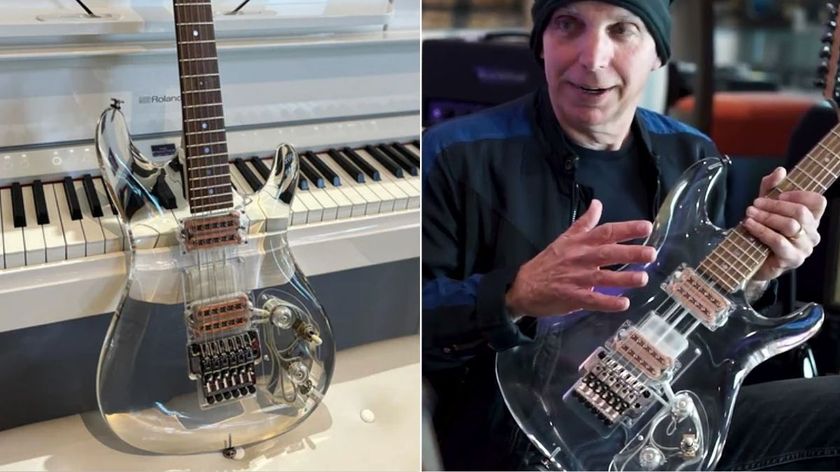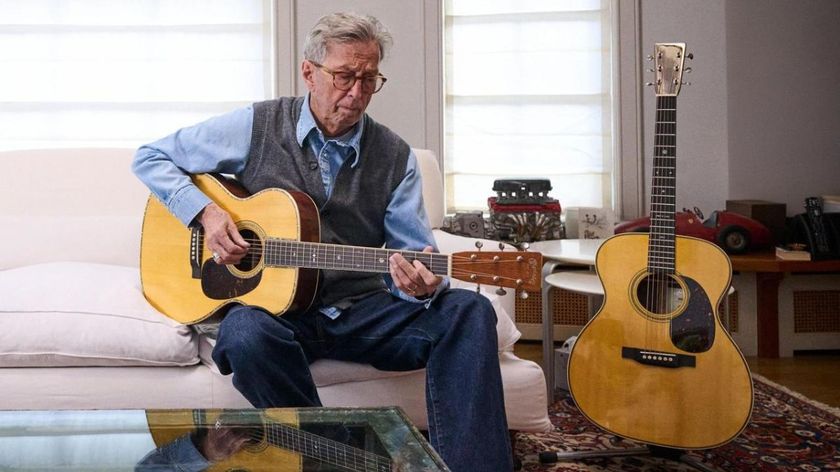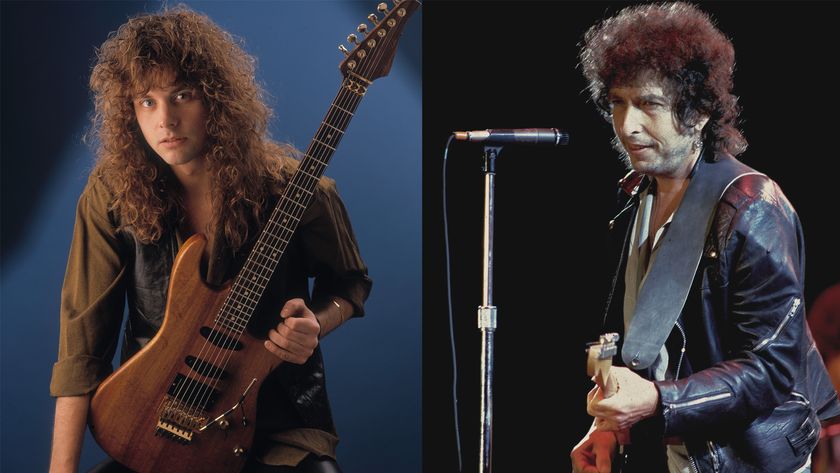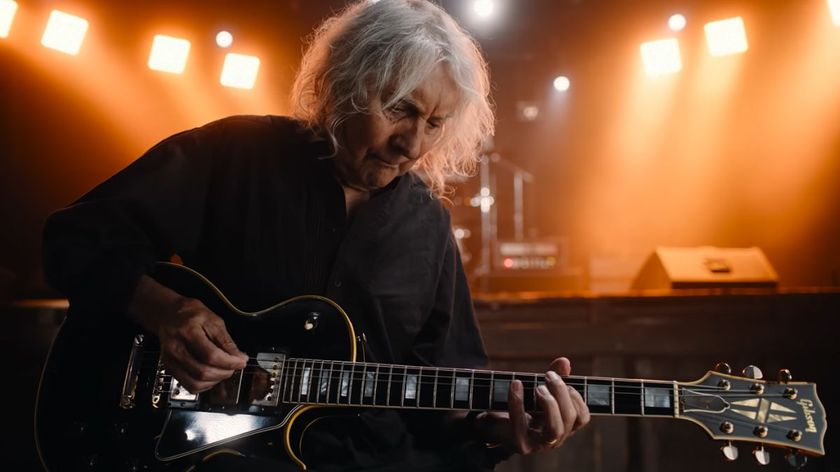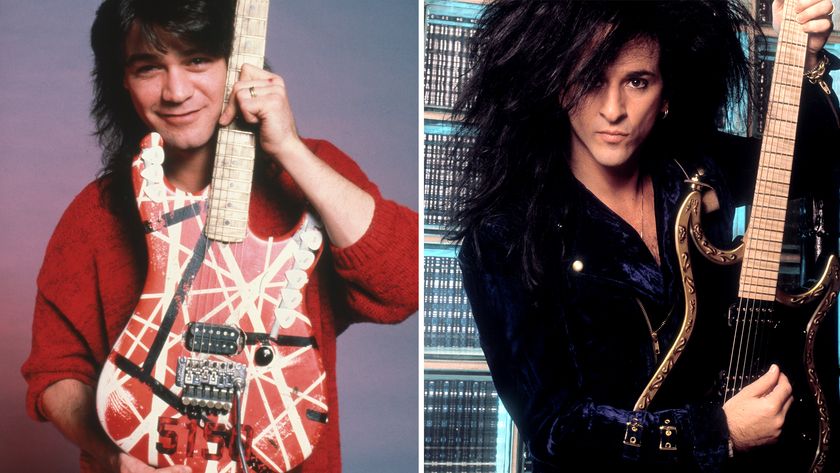Tony Iommi "Not Happy at All" with Uncovering of Lost Dio-Era Black Sabbath Song, "Slapback"
The riff-master also said that Dio himself plays bass on the 1979 recording, not Geezer Butler.

Last week, Black Sabbath fans around the world were treated to the unexpected surfacing of "Slapback," a previously unheard song that was written and demoed in late 1979, just after the band hired Ronnie James Dio as its new vocalist.
Uploaded to YouTube by Gary Rees – the stepson and executor of the estate of former Black Sabbath keyboardist Geoff Nicholls, who passed away in 2017 – the song was confirmed as legitimate by the band's bassist, Geezer Butler, during Butler's subsequent appearance on SiriusXM's Trunk Nation with Eddie Trunk.
As a follow-up to his interview with Butler, Trunk contacted Sabbath riff-master Tony Iommi, who revealed that he was “not happy at all” about the song's resurfacing, saying "It’s left a really bad taste in my mouth.”
Additionally, Iommi disputed Butler's claim that the latter had played bass on the recording, saying it was actually Dio himself who took care of the low end.
"At that point, when we did that, Geoff wasn’t even involved in the band," Iommi told Trunk. "That is actually Ronnie playing bass on that, and that was just in the lounge recorded on a cassette.”
Of the song itself, Iommi said, “We had one or two things that we’d jam around on and play on and stuff, but it [wasn’t] right for the album, so we didn’t put it into shape; we didn’t record it or anything.”
Iommi's sentiment echoes that of Butler, who said of the tune, “It was just a one-off thing. We just jammed it and didn't think anything more of it. It didn't really work."
Get The Pick Newsletter
All the latest guitar news, interviews, lessons, reviews, deals and more, direct to your inbox!

Jackson is an Associate Editor at GuitarWorld.com and GuitarPlayer.com. He’s been writing and editing stories about new gear, technique and guitar-driven music both old and new since 2014, and has also written extensively on the same topics for Guitar Player. Elsewhere, his album reviews and essays have appeared in Louder and Unrecorded. Though open to music of all kinds, his greatest love has always been indie, and everything that falls under its massive umbrella. To that end, you can find him on Twitter crowing about whatever great new guitar band you need to drop everything to hear right now.
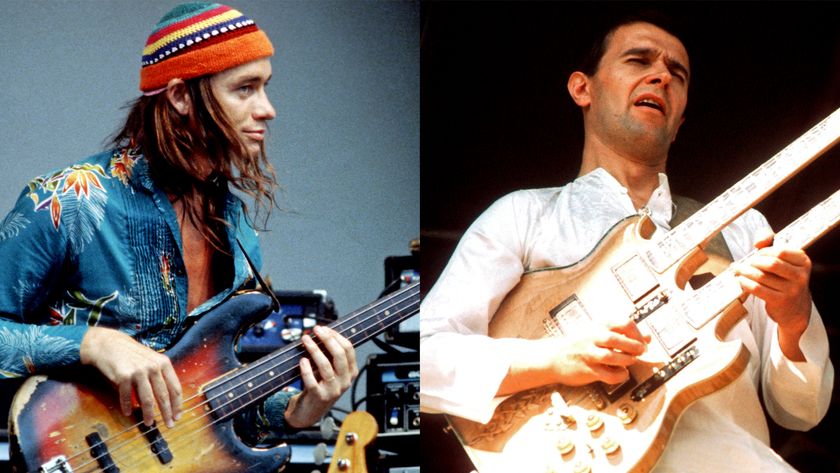
"Jaco thought he was gonna die that day in the control room of CBS! Tony was furious." John McLaughlin on Jaco Pastorius, Tony Williams, and the short and tumultuous reign of the Trio of Doom

“It’s all been building up to 8 p.m. when the lights go down and the crowd roars.” Tommy Emmanuel shares his gig-day guitar routine, from sun-up to show time
